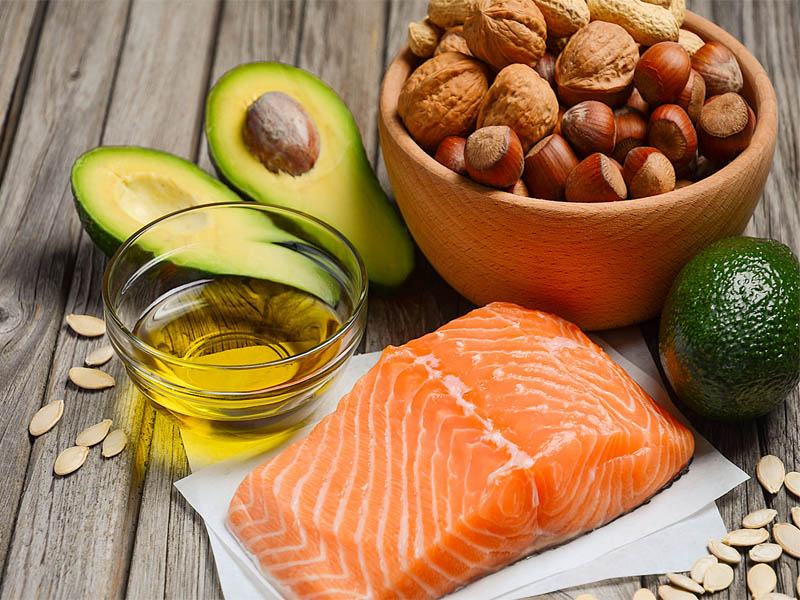Oh! I have gained weight, Should I stop Eating fats? I am suffering from High BP, so should I stop eating fats totally? I have high cholesterol and tri-glyceride levels, should I stop eating fats? I am suffering from heart disease, should I stop eating fats altogether?
These are few of the questions, Doctors and Dieticians are asked on a regular basis.
The answer to all these is- NO!!
Despite the controversies associated with consumption of oils and fats, it is important to note that these are one of the essential nutrients. They are important for various critical functions of the body.
The important functions that fats and oils perform in the human body are:
- These are required for the digestion and absorption of fat-soluble vitamins, such as vitamin A, D, E and K. In the absence of fats in the diet these will not be absorbed leading to the deficiency of these vitamins and related deficiency diseases.
- Fats and oils are essential for the synthesis of many hormones, especially steroid hormones, such as oestrogen, progesterone and oestrogen. These hormones are responsible for a healthy reproductive system. So, fats and oils are important for a healthy reproductive system.
- Fats are also required for the production of an important hormone leptin which regulates hunger and appetite.
- Fats and oils are required for the formation of bile which is a digestive enzyme and an essential fat – cholesterol. If the diet is deficient in fats, bile acids and cholesterol will not be synthesized leading to many health issues.
- Fats form a protective layer around the vital organs of the body, such as the brain, heart, liver, lungs, even the eyes, etc. This layer protects these organs from any mechanical injury.
- The fat layer under the skin help to insulate the body, which means it keeps the internal body temperature under control despite changes in the environmental temperature.
- The human brain is 60% fat, the nervous tissue, the retina of the eyes and the reproductive organs all have significant amount of fat.
- Fats are important concentrated source of energy and are stored in adipose tissue. The presence of fats in foods make them calorie dense, add texture and flavour to the food. Their presence improves the palatability and satiety value of food.
Fats are essential for all the chemical reactions in the body, which govern, reproduction, growth, development, immunity, brain function, hormonal balance and much more. An imbalance of fats at any stage affects the health and can lead to disease.
There is and has always been a considerable debate regarding the type and amount of fats and oils to be used in diet and their role in development of chronic diseases and weight management. The latest dietary guidelines, however, recommend limiting saturated and trans fats but not so much of total fats.
Hence, while cooking it becomes essential to choose oils and fats best suited for health. To maintain good health, it is recommended to:
- Limit animal-based saturated fats such as butter, cream, full fat dairy products, etc.
- Limit trans fats such as manmade hydrogenated oils, margarine, etc.
- Use of plant-based Mono-unsaturated oils such as virgin coconut oil, peanut oil, rice bran oil, extra-virgin olive oil, etc. and
- Increased use of plant-based poly-unsaturated oils such as safflower oil, sunflower oil, sesame oil, flaxseed oil, etc.
Take Home Message:
Do not eliminate fats completely from diet as they are important for essential body functions.
DO NOT STOP eating fats totally, but include them judiciously in your diet. Rather, Choose the right oil and fat for your body’s requirement. Make changes in your diet under the guidance of an expert.
To know more and to get expert advice of the type and quantity of oils to be included in your diet, according to your requirement call on 9650180098.
 |
An Article By: Sunita Roy Chowdhury Nutritionist @ HealthyNudgez |


